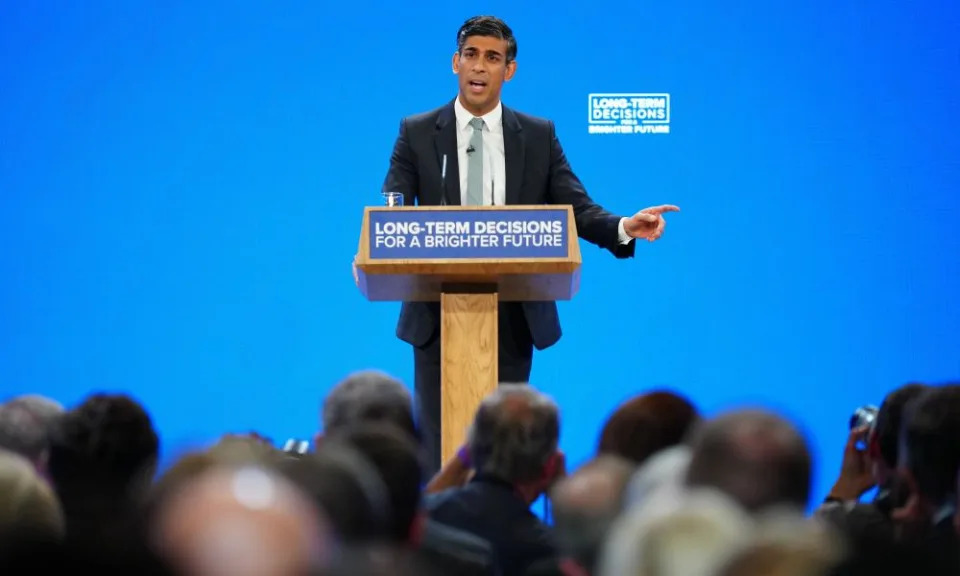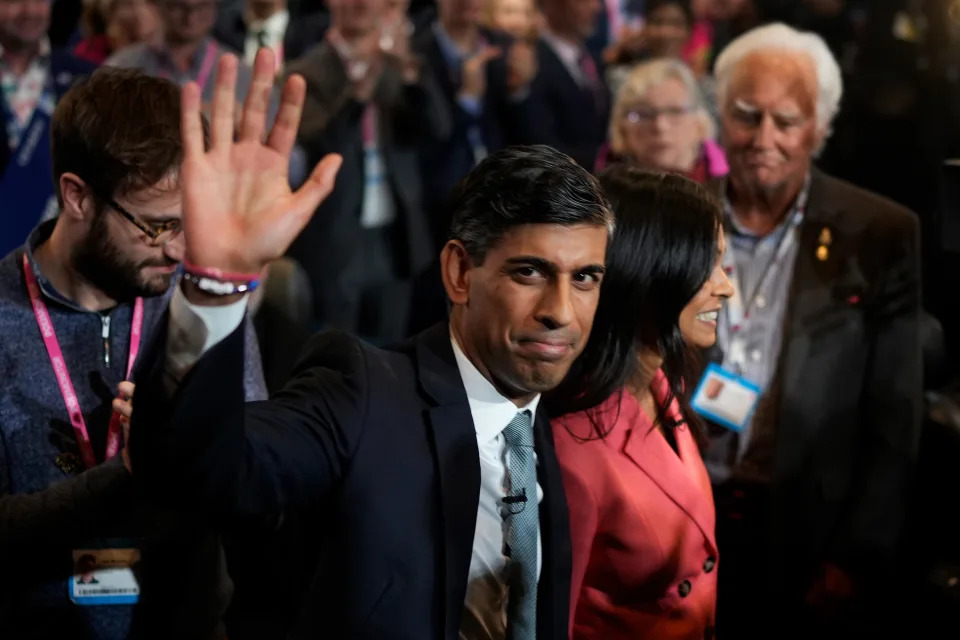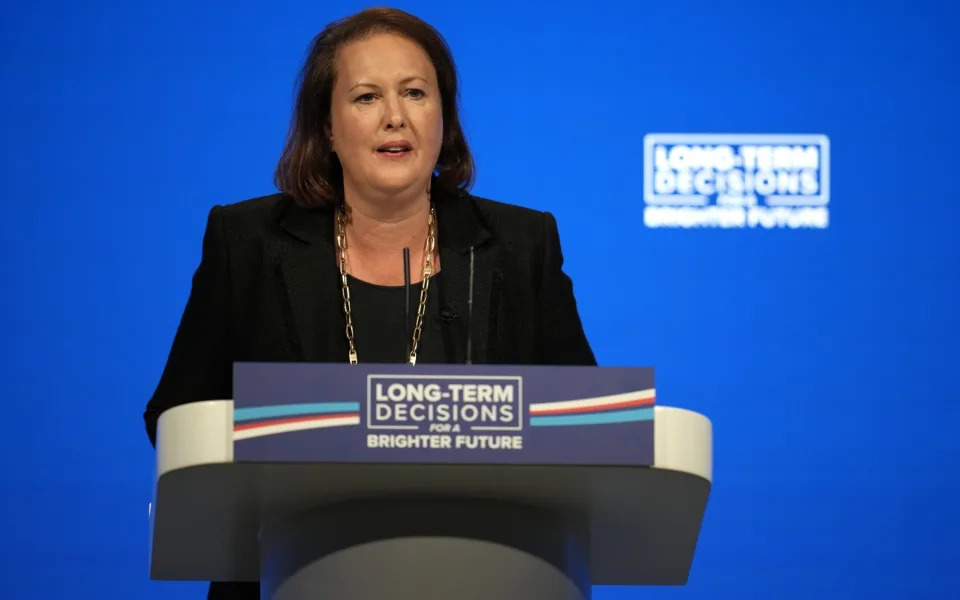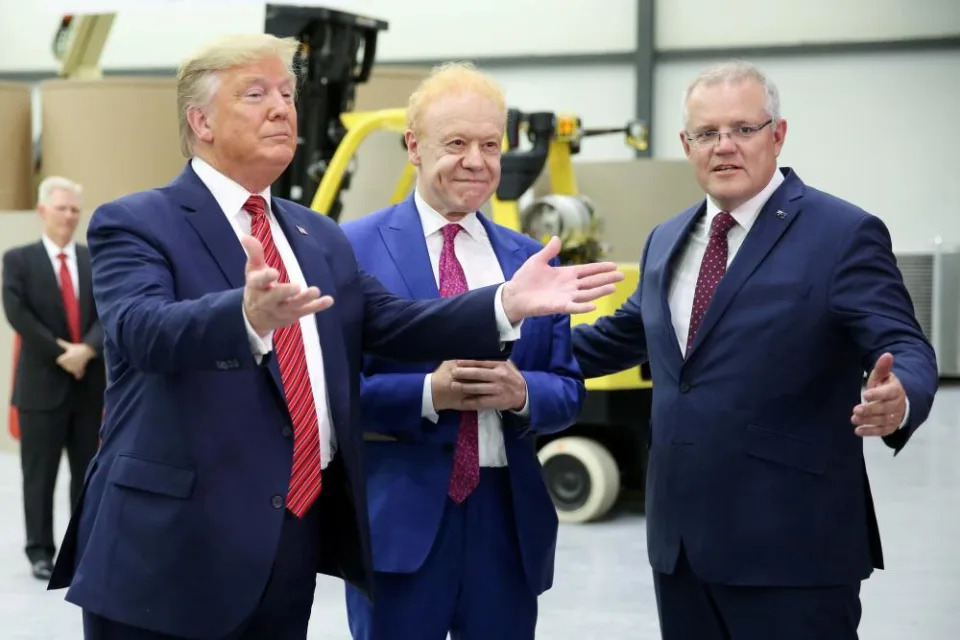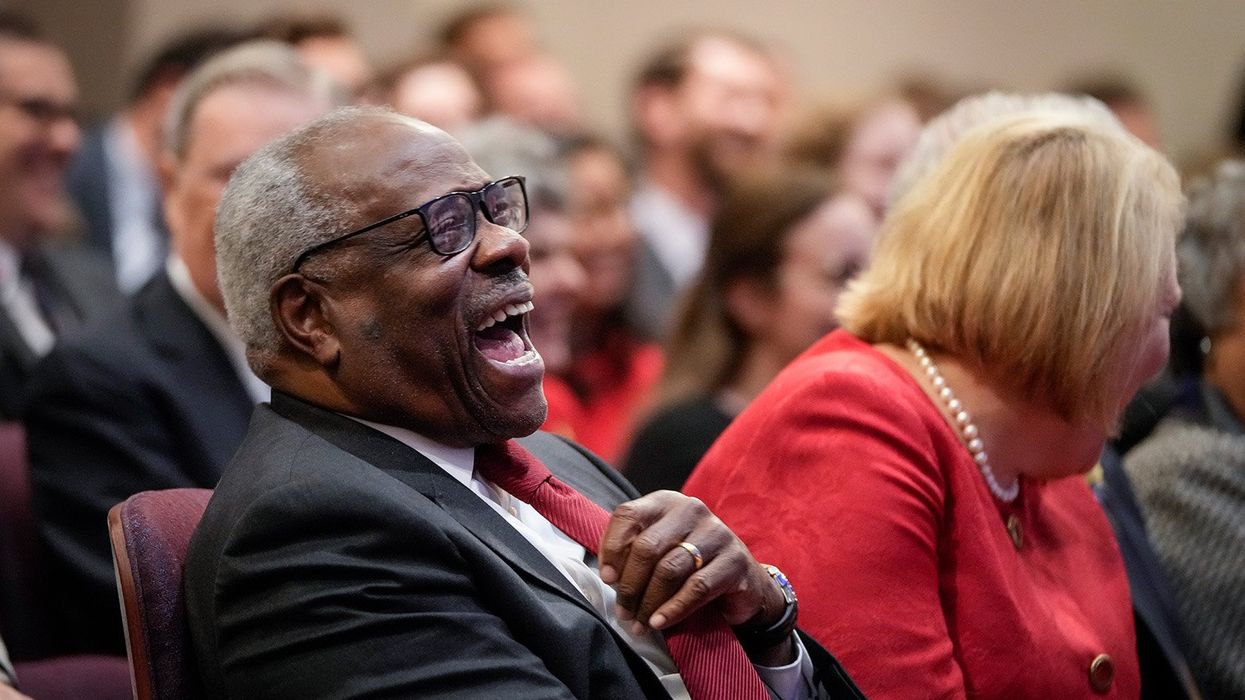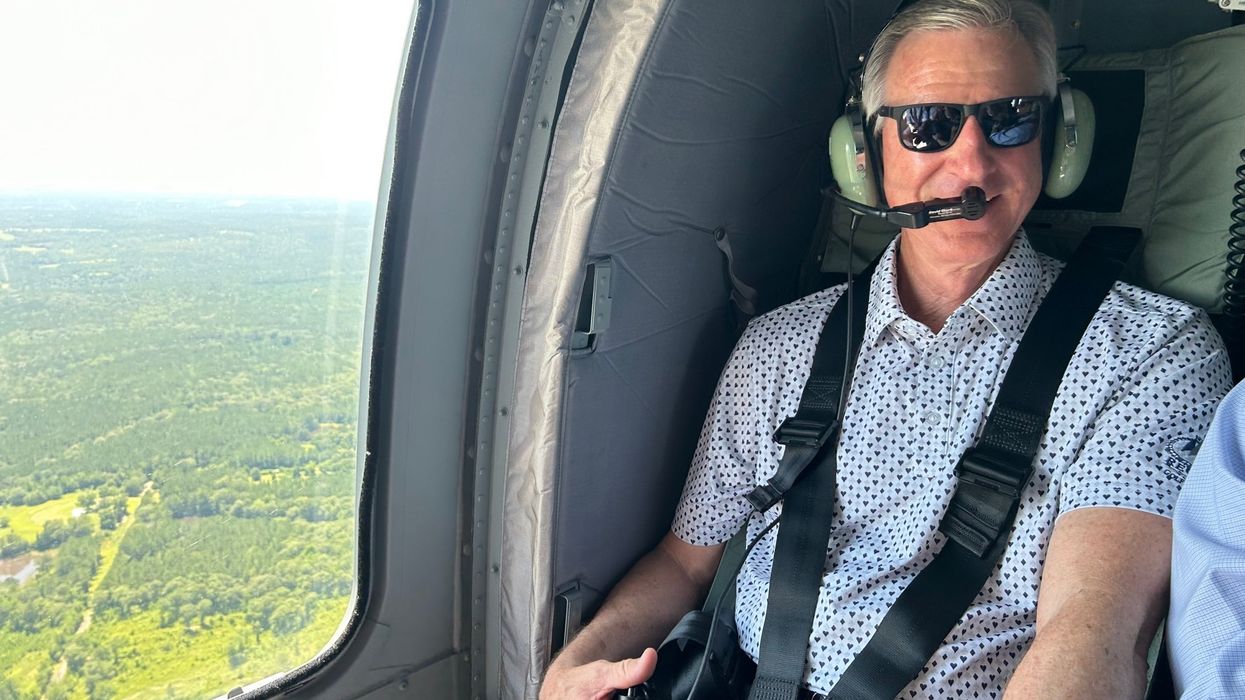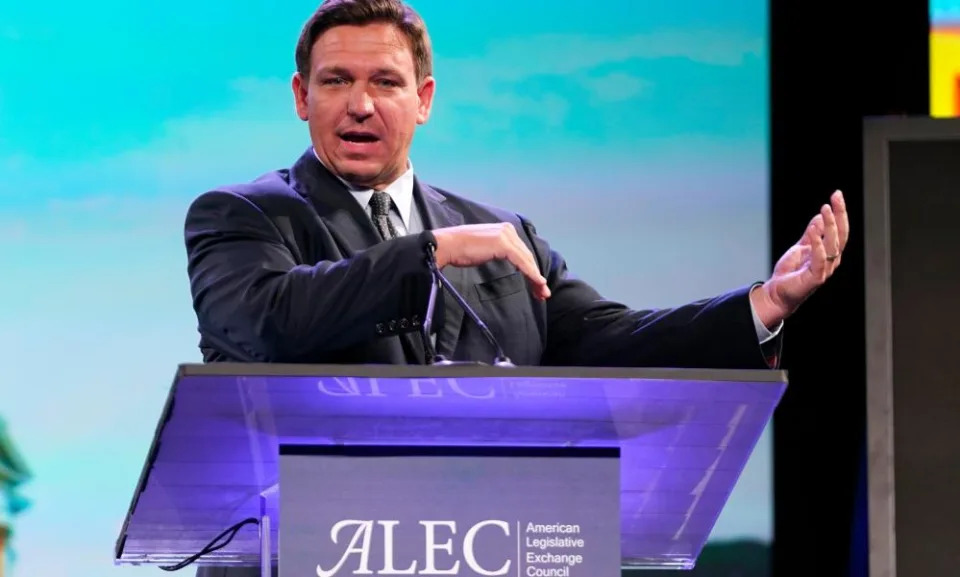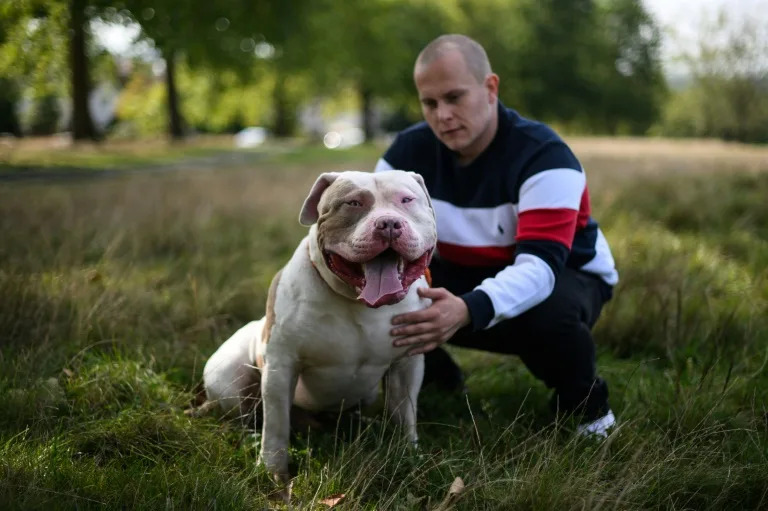UK
Kevin Schofield
Thu, 5 October 2023
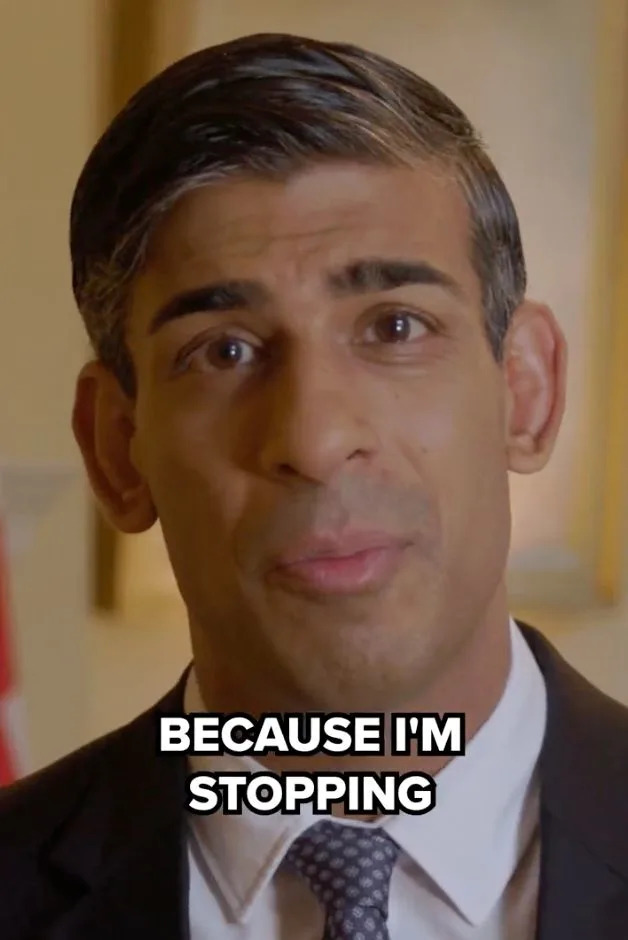
Rishi Sunak's video was clearly recorded in No.10
Rishi Sunak's video was clearly recorded in No.10
Rishi Sunak recorded a video explaining why he had scrapped the next leg of HS2 while telling people he had still not made a decision on the future of the project.
The prime minister posted the clip on X (formerly Twitter) shortly after announcing that he was axing the Birmingham to Manchester leg.
But users of the social media platform spotted that it had been recorded in No.10, despite the fact that Sunak had been in Manchester since the weekend at the Tories’ annual conference.
That means the video was made several days ago, during which time Sunak repeatedly told interviewers that he had not yet made up his mind on HS2′s future.
Transport secretary Mark Harper endured an excruciating round of TV interviews this morning in which he tried to deny the PM’s apparent deception.
On Sky News, Kay Burley said: “Why didn’t you just tell us it had been scrapped rather than waiting until yesterday?”
Harper insisted that the final decision was not taken by the cabinet until Wednesday morning.
He added: “I don’t really know why people are getting so het up about this particular issue.”
Burley replied: “Because you knew about it at the beginning of the week and you didn’t tell us.”
On BBC Breakfast, Harper denied that the decision had already been taken when the PM recorded his video.
Presenter Naga Munchetty said: “The prime minister said he would not be forced into making a decision, yet he had recorded a video in Downing St [even though] he’s been in Manchester since the weekend. So the decision was made.”
The transport secretary replied: “No it wasn’t.”
Munchetty said: “He told all of us that he wouldn’t be forced into making a decision. So why had he already made a video extolling the virtues of this decision?”
But Harper said: “I’ll be very clear with you. We’ve been working on this issue for a period of time. I took the decision on Tuesday and it was agreed by the cabinet yesterday.”
Sunak has said the £36bn saved by axing the next phase of HS2 will be spent on dozens of smaller transport projects across the country.
But his decision has been slammed by David Cameron, Boris Johnson and George Osborne.
Presenter Naga Munchetty said: “The prime minister said he would not be forced into making a decision, yet he had recorded a video in Downing St [even though] he’s been in Manchester since the weekend. So the decision was made.”
The transport secretary replied: “No it wasn’t.”
Munchetty said: “He told all of us that he wouldn’t be forced into making a decision. So why had he already made a video extolling the virtues of this decision?”
But Harper said: “I’ll be very clear with you. We’ve been working on this issue for a period of time. I took the decision on Tuesday and it was agreed by the cabinet yesterday.”
Sunak has said the £36bn saved by axing the next phase of HS2 will be spent on dozens of smaller transport projects across the country.
But his decision has been slammed by David Cameron, Boris Johnson and George Osborne.
